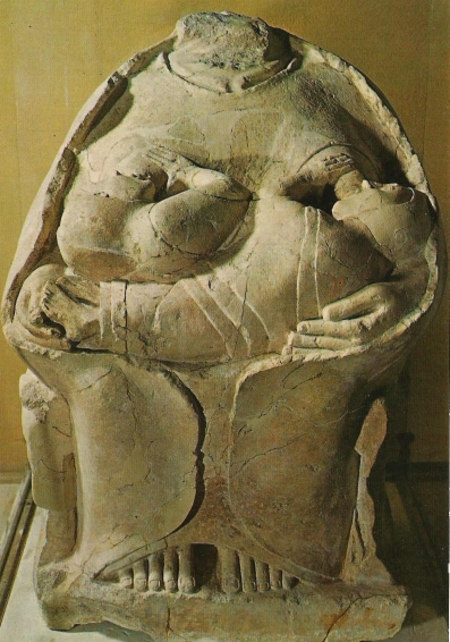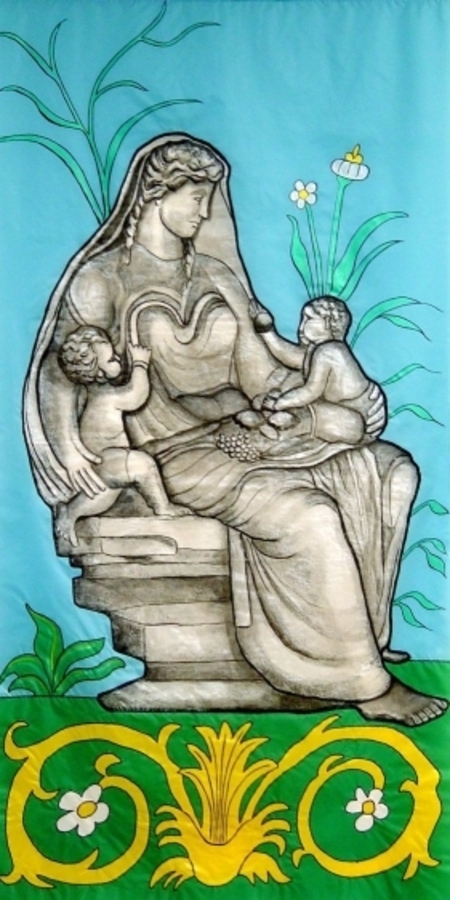Why the Term Matriarchy?
In modern Matriarchal Studies the term “matriarchy” is understood as not to imply the matriarchal societies’ organization as simply the reversal of the patriarchal organization of society, but as a system with its own rules. The confusion about this term is partly due to the incorrect use of J. J. Bachofen’s Greek term gynaikokratie, or “rule by women” (1861), a term which has been confused with the term “matriarchy”. “Rule by women” has never existed in the patriarchal sense of “rule”, but matriarchies have existed, in various forms, over very long periods of human history.
Not all the scholars promoting modern Matriarchal Studies call this form of society by the same name; it is variously referred to as “matrifocal”, matristic”, matricentric” or “gylanic” society. However, they do agree to the same concept: a form of society which does not have patriarchal patterns and demonstrates a high degree of balance.
However, there are several good reasons to use the term “matriarchy” which has already been adopted by many scholars in this field:
- The term “matriarchy“ is well known from the ongoing discussion, and it is by now a popular term.
- Philosophical and scientific re-definitions mostly refer to well-known words and re-define them. After that, scholars can work with them, but they do not lose contact with the language of the people. In this process, the word often takes on a new, clearer and broader meaning even in the popular language; this is also influenced by the re-defining activities of scholars. Additionally, to re-define this term would be a great advantage, especially because for women, reclaiming this term means to reclaim the knowledge about cultures that have been created by women.
- It is not always be helpful to create new scientific terms because they are artificial and have no connection to popular language. Others are too weak. The result can be a somewhat reduced view of these societies – by the researchers as well as the critics – a view that neglects the intricate network of relationships and the complex social networks that characterize these cultures.
- From linguistic respect, there is no need to follow the current, male biased notion of the term “matriarchy“ as meaning “domination by the mothers/rule by women“. The only reason to understand it in this way is that it sounds parallel to “patriarchy“. However, the Greek word arché has a double meaning: it means “beginning” as well as “domination/rule”. Therefore, “matriarchy” can accurately be translated as “the mothers from the beginning”. However, as far as the patriarchal form of society is concerned, the translation of “domination by the fathers/rue by men” is correct.
- Several scholars use the term “matriarchy” in its re-defined, clarified meaning, because it is also of political relevance. They intentionally adopt it, because they think that matriarchal values show how life can be organized in such a way that it is based on needs, is non-violent and peaceful, in short: is humane. This political content is lost by the use of the other terms, but - by adopting the re-defined term “matriarchy” - it directly leads to Matriarchal Politics.





